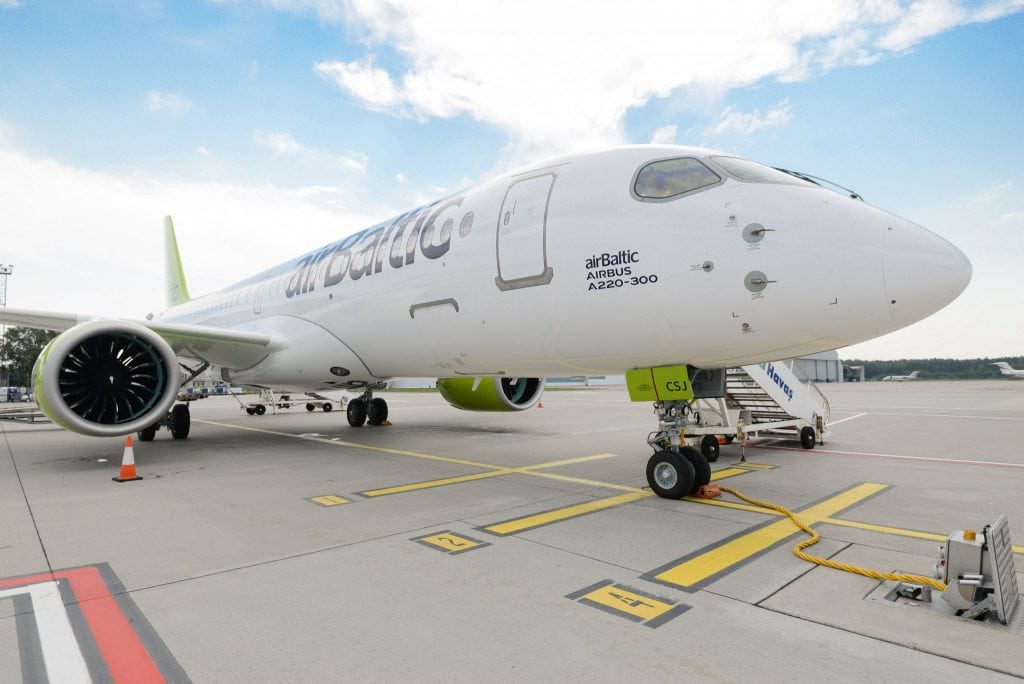This European Airline CEO Says There Will Be No Quick Fixes

Skift Take
As an airline that is 80 percent owned by the Latvian government, perhaps Air Baltic wasn't the most nimble carrier. But that government support will be vital over the next 18 months.
Less than a month after making a big tease — that his airline might expand beyond its Eastern European roots into Scandinavia — Air Baltic CEO Martin Gauss confronted a different reality. Air Baltic's majority owner, the Latvian government, banned all scheduled international flights, effectively grounding his company.
Air Baltic, which temporarily laid off many of its employees, shut down passenger operations on March 17, instead concentrating on repatriation and cargo flights. As of Monday, it was supposed to resume operations in a couple of weeks, but on a limited basis. (This week, Latvia signaled it might extend it state of emergency, suggesting Air Baltic's grounding may last longer.)
No one knows what the future brings. But by later this year, Air Baltic almost certainly will be a smaller airline than before, when it had 38 aircraft, including 22 Airbus A220s. Its four Boeing 737s and its dozen Bombardier Q400 turboprops now are gone, leaving it as an all-A220 operator.
Get the Latest on Coronavirus and the Travel Industry on Skift's Liveblog
We caught up with Gauss on Monday to ask him how he's handling the situation, and to learn why he's not sure demand will return until some time in 2022, and why he expects this crisis will spur some unusual airline mergers. Note: